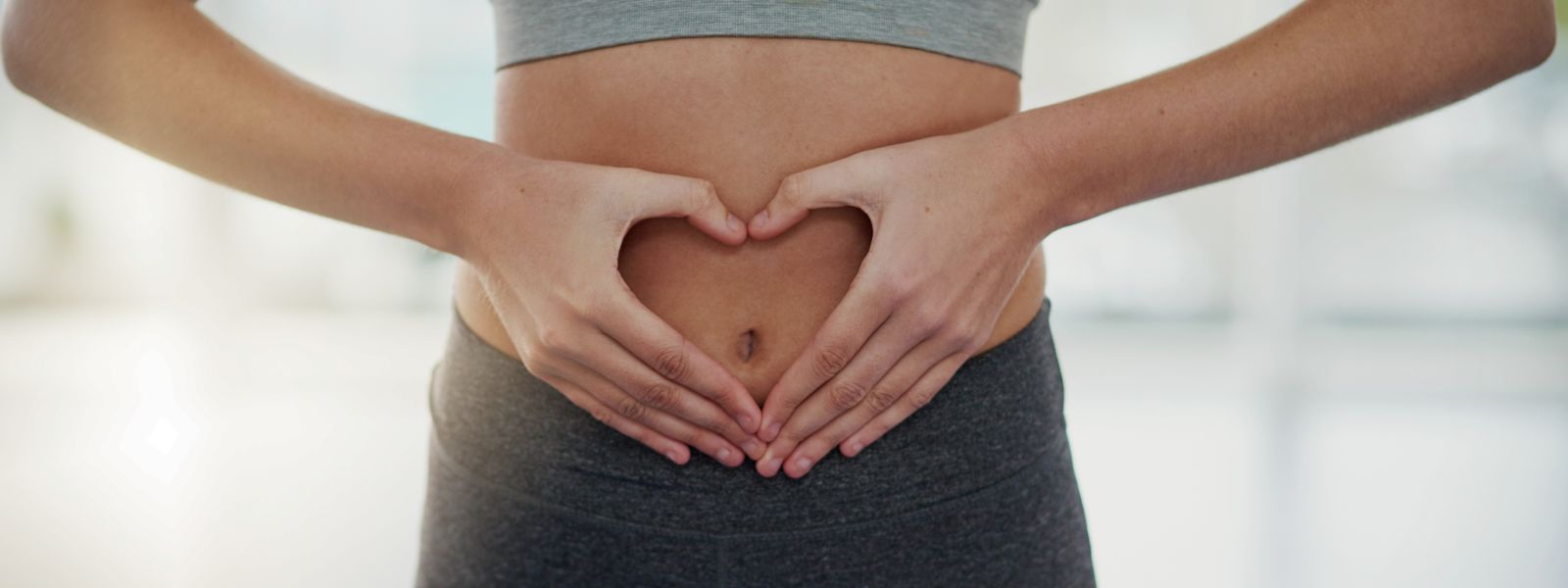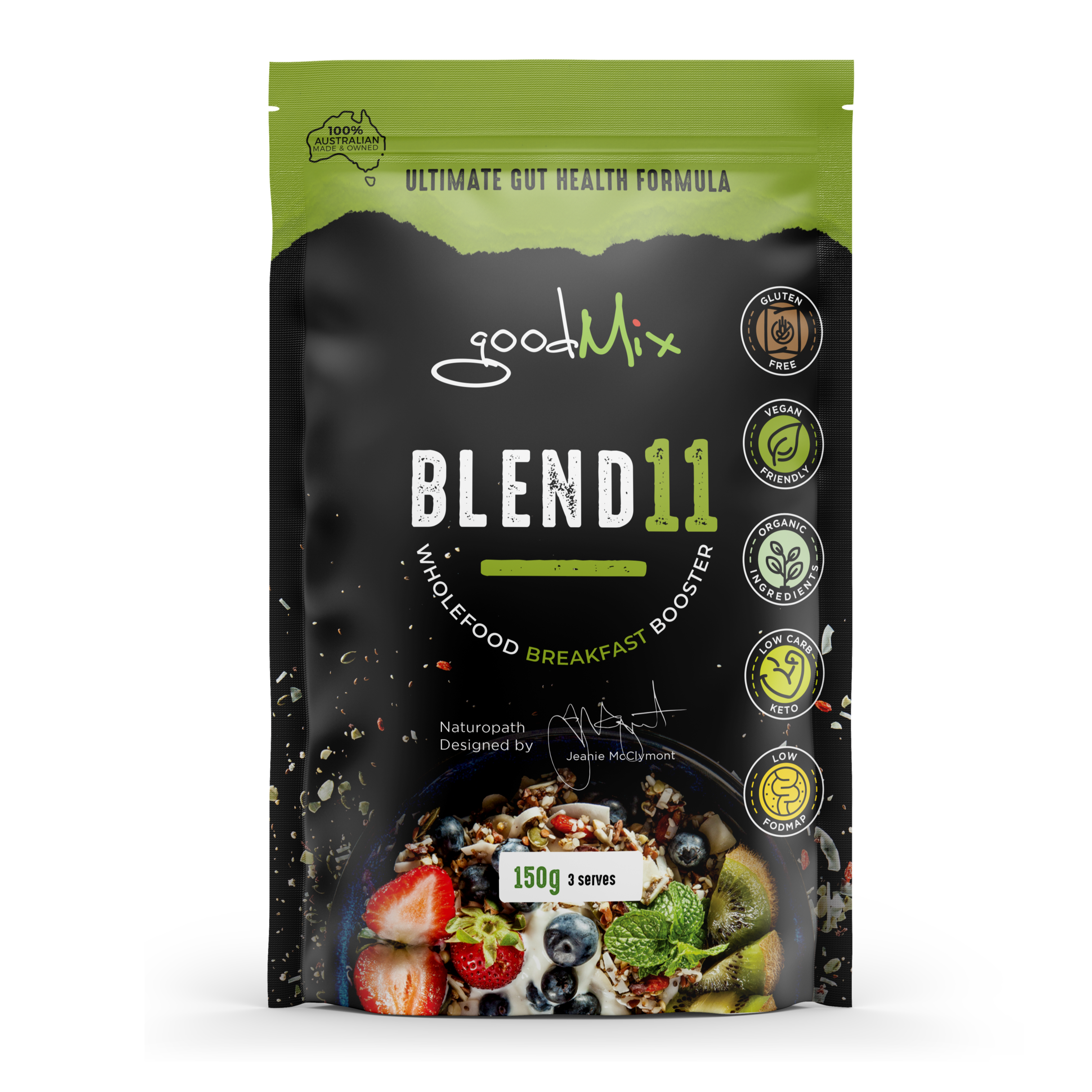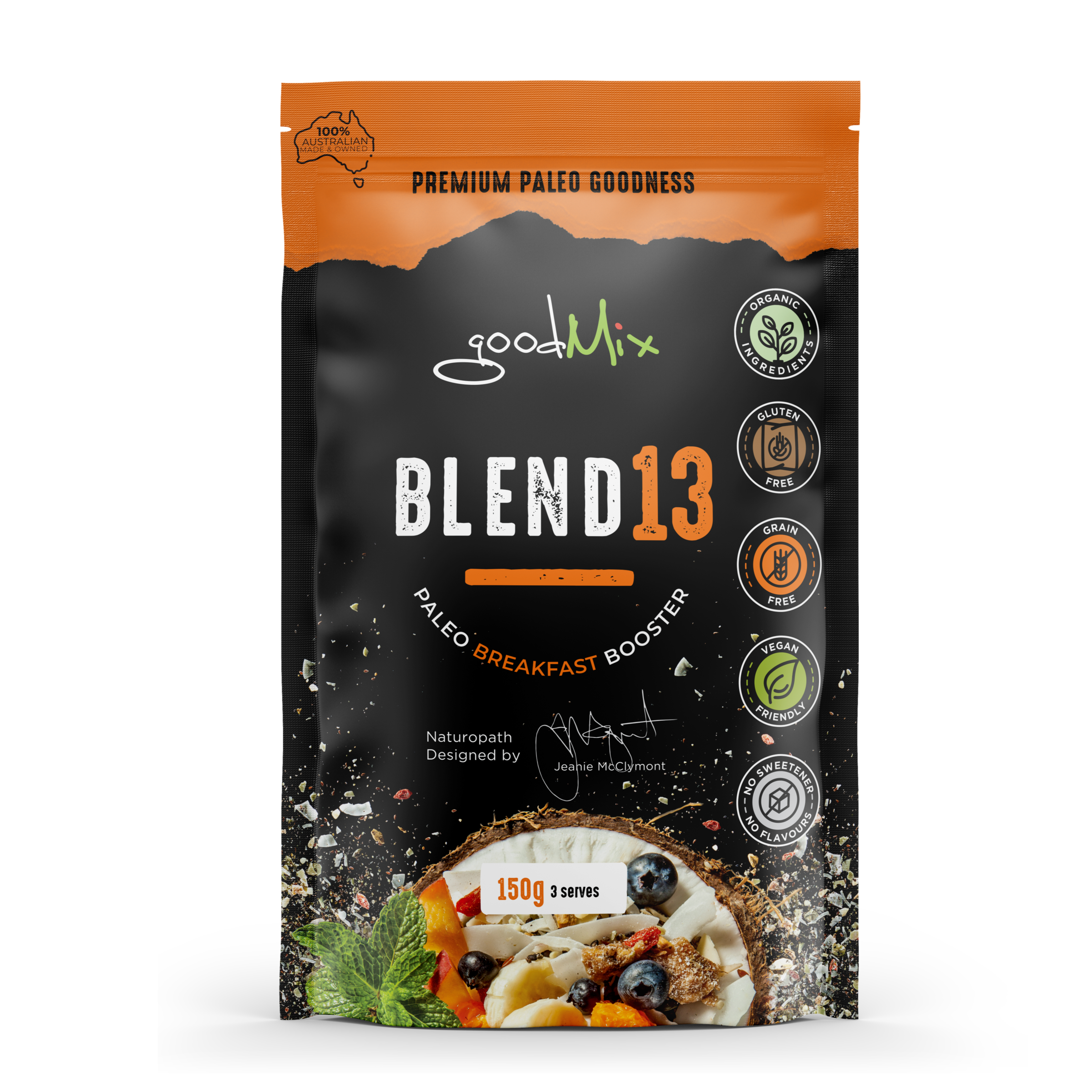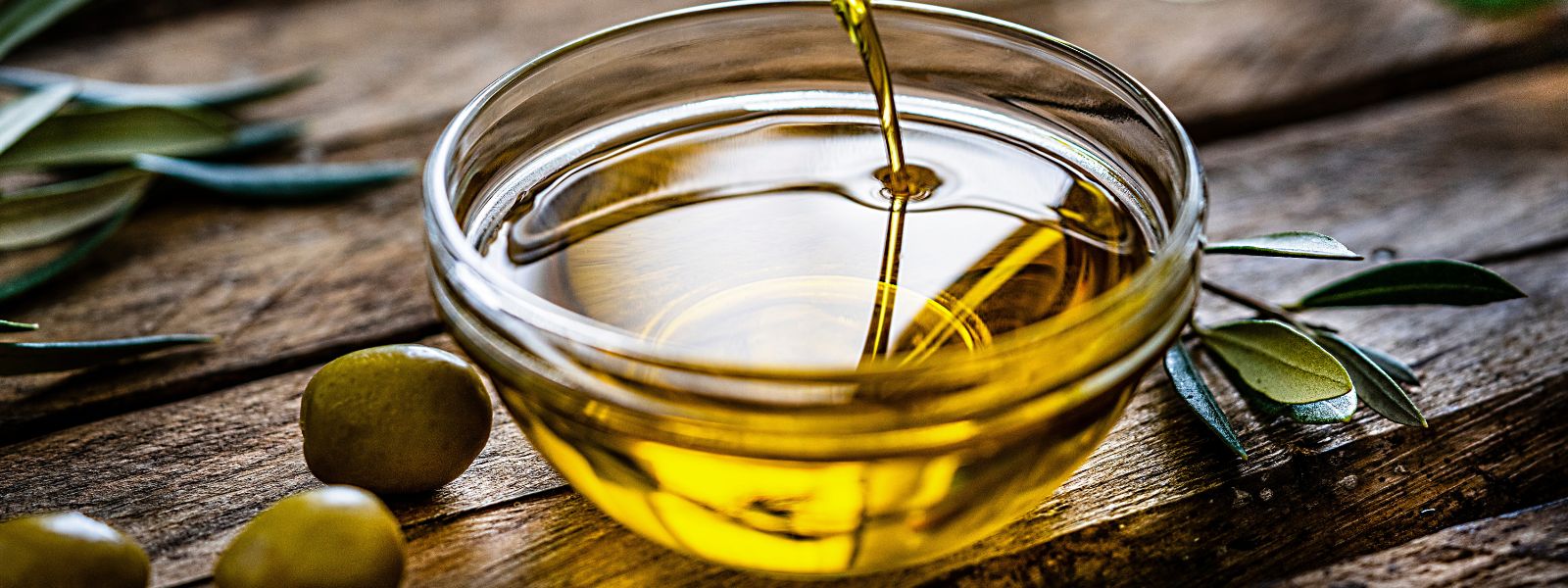
How Your Gut Can Make You Feel Older, or Younger
As we age, many of us begin to experience stiffness, aches, and pains that seem to come out of nowhere. While these symptoms are often attributed to just ‘getting older’, recent research reveals that your gut health plays a significant role in how old—or young—you feel. The connection between gut health and musculoskeletal issues like stiffness, arthritis, and general body aches is much closer than you might think. So…read on if you want to feel younger and know how to minimise those ‘age-related’ aches and pains!
The Gut Lining: Your First Line of Defense
Your gut lining is a vital barrier that separates your digestive system from the rest of your body. It controls what gets absorbed into your bloodstream and what gets kept out. When this lining is healthy, it allows nutrients to pass through while keeping harmful substances, like toxins and undigested food particles, out. However, when the gut lining becomes compromised—a condition often referred to as "leaky gut"—these harmful substances can enter your bloodstream, triggering an immune response that leads to inflammation throughout the body.
Inflammation: The Root of Aches and Pains
Chronic inflammation is a key factor in many age-related issues, including arthritis, stiffness, and general musculoskeletal discomfort. When the gut lining is compromised, the immune system goes into overdrive, leading to widespread inflammation. This inflammation can affect your joints, muscles, and connective tissues, making you feel older and more worn down than you actually are. Reducing this inflammation by healing the gut can significantly alleviate these symptoms and help you feel younger and more energetic.
The Gut Microbiome: Your Body's Ecosystem
The gut microbiome—comprising trillions of bacteria, viruses, and fungi—plays a crucial role in maintaining gut health. A diverse and balanced microbiome supports a healthy gut lining, proper digestion, and a robust immune system. However, when the balance of good and bad bacteria in the gut is disrupted (a condition known as dysbiosis), it can lead to increased inflammation and exacerbate symptoms like stiffness and pain. Ensuring a healthy, diverse microbiome through diet and lifestyle can help reduce inflammation and improve overall well-being.
The Gut-Immune Axis: The Inflammation Connection
The gut is home to about 70% of the body's immune cells, making it a central player in the body's immune response. This gut-immune axis means that any disruption in gut health can directly impact immune function. When the immune system is constantly activated due to a compromised gut, it can lead to chronic inflammation, which in turn contributes to the development of arthritis, stiffness, and other musculoskeletal issues. By supporting gut health, you can help regulate the immune system and reduce inflammation, leading to fewer aches and pains.
Fascia: The Body's Connective Web
Fascia is a network of connective tissue that surrounds and supports your muscles, bones, and organs. It’s made up of deep and superficial layers, and when healthy, it’s flexible and allows for smooth, pain-free movement. However, inflammation in the body, often stemming from poor gut health, can cause the fascia to become stiff and ‘sticky’, leading to restricted movement and pain. This fascial tension and stickiness is a common culprit behind the stiffness and aches often associated with ageing. Addressing gut health can improve fascial health, leading to better mobility and less discomfort.
Healing the Gut for Youthful Vitality
Improving gut health is one of the most effective ways to combat the symptoms of aging, including musculoskeletal pain and stiffness. Here are some key strategies:
1. Diet:
- Probiotics and Prebiotics: Incorporate foods rich in probiotics (like yoghurt, kefir, and fermented vegetables) and prebiotics (like Blend11 and all the goodMix products) to support a healthy microbiome.
- Anti-Inflammatory Foods: Include plenty of anti-inflammatory foods like leafy greens, berries, fatty fish, and nuts in your diet to help reduce systemic inflammation.
- Avoid Gut Irritants: Reduce or eliminate processed foods, refined sugars, alcohol, which can damage the gut lining and disrupt the microbiome.
- Avoid gluten and cow’s dairy / A1 casein if your body doesn’t like them (if you’ve never trialled a GF DF period and you have aches and pains - seriously worth a go).
2. Lifestyle:
- Stress Management: Chronic stress can damage the gut lining and disrupt the microbiome. Practices like meditation, deep breathing, and regular physical activity can help manage stress levels and support gut health.
- Physical Activity: Regular exercise promotes healthy circulation and immune function, which can reduce inflammation and support a healthy fascial system. Spending time walking / jogging / running in nature are ideal.
- Sun exposure: Getting regular sun is crucial to support healthy muscle, bones, fascial tissue, immunity and gut. People look healthier after a beach holiday a) because they’re less stressed, & b) because they have spent time in the sun! It’s one of nature’s anti-inflammatories. Note - do not burn, start gradually and just aim for a healthy glow and that ‘warmed through to the inside’ feeling.
3. Supplements / Functional Foods:
- Collagen: Supports the gut lining and fascia, improving both gut health and joint flexibility. Go for bone broth, slow cooked meat with bones / joints etc.
- Omega-3 Fatty Acids: Found naturally in oily fish like sardines, salmon, mackeral, tuna - or try fish oil supplements, omega-3s are powerful anti-inflammatories that can help reduce joint pain and stiffness.
- Diverse fermentable fibre: supporting a healthy and diverse gut microbiome is foundational for healthy ageing and avoiding the aches and pains driven by systemic inflammation. A healthy gut microbial population is like an army of anti-inflammatory generators!
By focusing on gut health, you can significantly reduce inflammation, improve your mobility, and enjoy a more youthful, vibrant, pain-free life. Taking care of your gut is an investment in your overall well-being, helping you not just to survive, but to thrive as you age.




